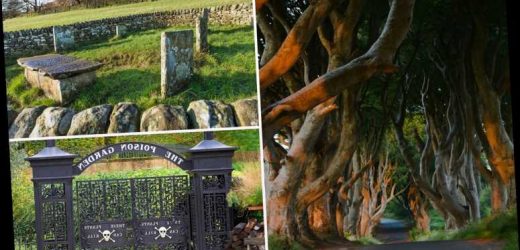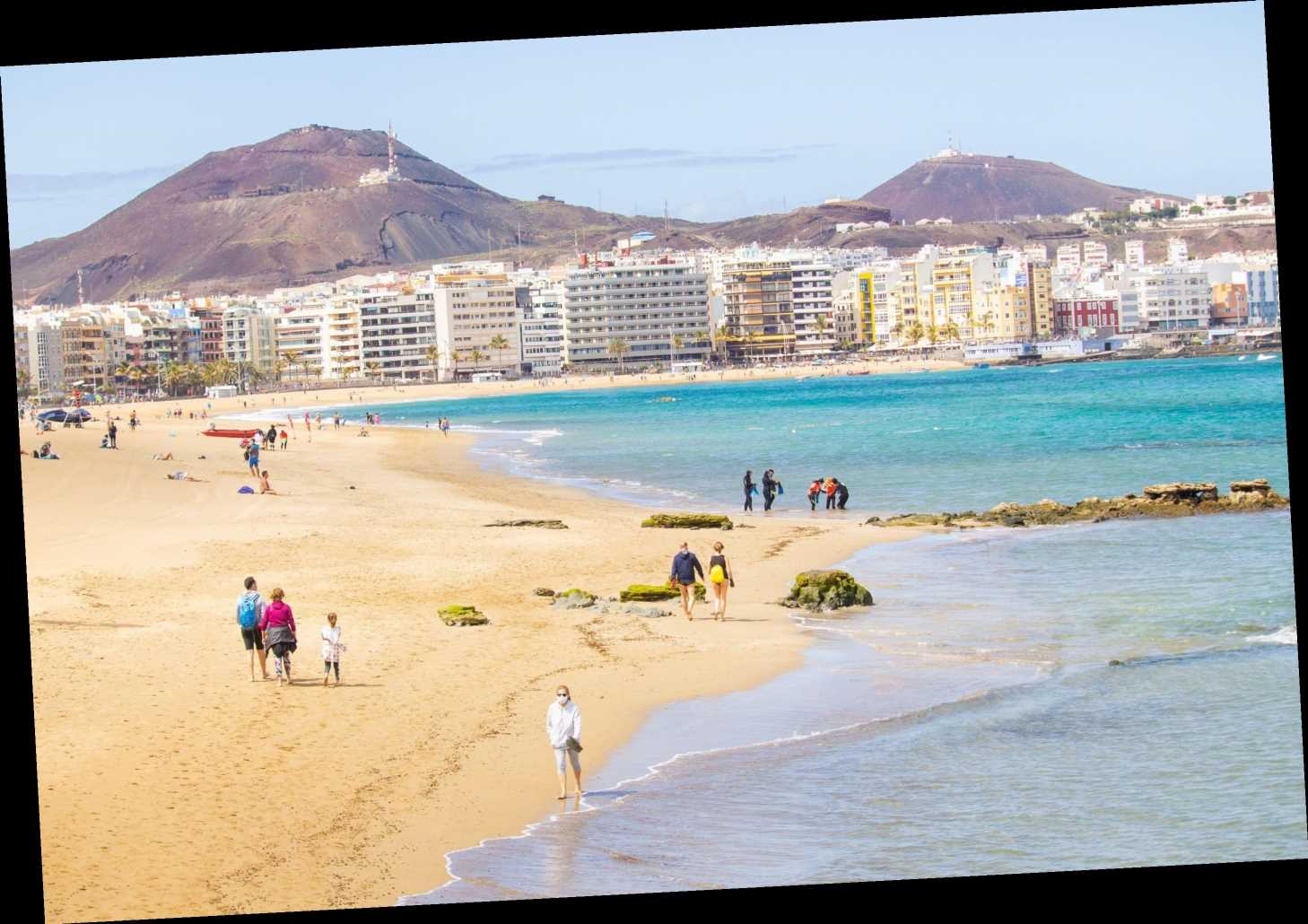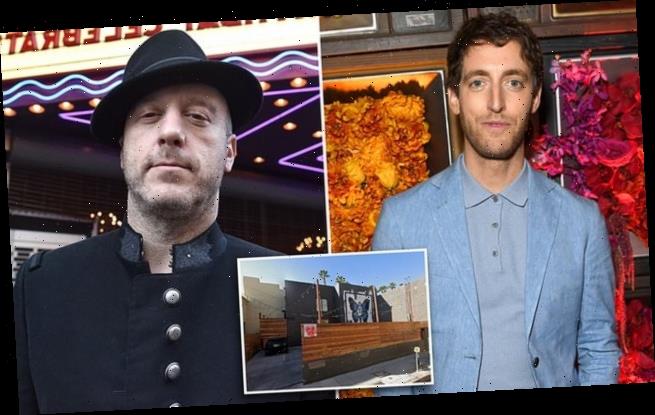THRILL-SEEKERS wanting to scare themselves with stories of ghosts and murders can go on a creepy tour of the UK.
Revealed by LeaseCar.uk – from plague villages to witch burials, here are some the most terrifying locations around Britain.
Pendle Hill, Lancashire
Pendile Hill is famous in history due to the 1612 Pendle Witch trials.
Twelve people were accused of using witchcraft two kill ten people – of the 11 accused, 10 were hanged, and buried under the hill.
Due to its history, it has featured in a number of TV shows which includes Doctor Who.
It is also an ancient hunting ground, which was once home to wolves and wild boar
Alnwick Poison Garden, Northumberland
While Alnwick may look like a pretty garden, it isn't a safe one.
The area is home to more than 100 toxic plants, many of which are poisonous is eaten or smelled.
The boundaries of the Poison Garden are kept behind black iron gates and only open on guided tours.
Even then, some visitors occasionally faint from inhaling toxic fumes.
Eyam Plague Village, Derbyshire
When the bubonic plague spread through the UK in 1665, the residents of the village of Eyam chose to quarantine themselves to prevent the spread.
The self-sacrifice meant many died – more so then London.
Of the 800 people living there, 260 people died in 14 months with some families fully wiped out.
It has since been credited with understanding how contagious diseases spread, after they enforced open-air church services and quick burials.
Highgate Cemetery, London
Highcate Cemetary is home to some of the most famous people who have been buried there.
This has led to a number of paranormal meets including witches and pagans, over the years.
Famous burials include Karl Marx, writer George Eliot and singer Gene Simmons.
First opened in 1839, more than 170,000 people are now buried at the cemetery.
Mother Shipton’s Cave, North Yorkshire
Mother Shipton's Cave is the oldest attraction in the UK.
The story behind it is that Mother Shipton, a prophetess in Yorkshire, could see the future including the creation or iron ships and the 1666 Great Fire of London.
It is also home to the Petrifying Well which is a geological phenomenon dating back to 1583.
It appears to turn items into stone using water – by methods of petrification.
Ancient Ram Inn, Gloucestershire
Built in the 12th century, the Ancient Ram Inn is thought to be built on ancient pagan grounds.
The Grade-II listed building is called the most haunted hotel in the UK.
Formerly a pub, it is now home to paranormal events.
It has also featured in TV shows such as Ghost Adventures and Most Haunted.
Pluckley, Kent
The village of Pluckley was named Britain’s ‘most haunted village’ in the Guinness Book of Records in 1989.
This is due to thetwelve ‘official’ apparitions that roam the place which include lady Dering, who died in the 12th century, as well as a monk, highwayman and gypsy woman.
Ghost hunters regularly travel to the village to try and meet the apparitions themselves.
Pluckely is also mentioned in the Domesday Book of 1086.
The Dark Hedges, Ballymoney
The creepy Dark Hedges in Ireland have become popular. withtourists after featuring in game of Thrones.
The huge trees were planted in the 18th century and have now grown to create the eerie tunnel across the road.
Built by James Stuart, the 150 Beech trees were to create a walkway to the Georgian mansion, Gracehill House.
A legend says that a spirit called the Grey Lady, thought to be his daughter or a maid, roams the trees from the graveyard.
Mary King’s Close, Edinburgh
Mary Kings's Close, a 17th century street, has had rumours of for hauntingsfor centuries and has since become a tourist site.
Its location is near Nor Loch, a polluted marsh which emites a biogas.
The gas is thought to have leaked through the street which causes hallucinations.
It has featured on programmes including Ghost Hunters International and Most Haunted.
Source: Read Full Article











